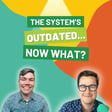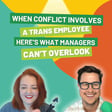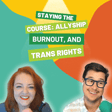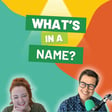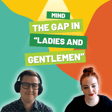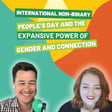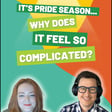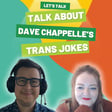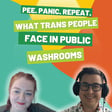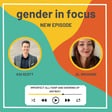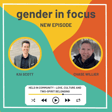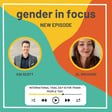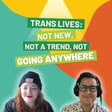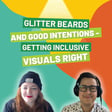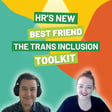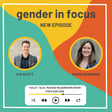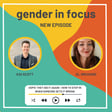
Asian Heritage Month: Family, Culture and Finding Your Own Way
This week, in honour of Asian Heritage Month, Kai is joined by Finn Liu, a fellow TEDx speaker whose story left a lasting impression when they first shared a stage.
In this conversation, Finn reflects on his TEDx experience and the impact of representation - especially in spaces where he hadn’t often seen himself reflected before. He shares his journey of exploring gender and identity within the context of his Chinese Canadian upbringing and the cultural and generational dynamics that have shaped how he understands himself.
Kai and Finn also talk about the role of family, the challenge of bridging different worldviews, and the small, sometimes unexpected moments that open the door to connection. Ultimately, they reflect on belonging, identity, and the ongoing process of honouring both where we come from and who we’re becoming.
___________
Want to get in touch? Contact us at podcast@transfocus.ca
Join us on social media:
LinkedIn | Instagram | TikTok | Threads | Facebook
